Cooperation and conferences
Cooperation
Membership in professional associations
Network of Education Policy Centers
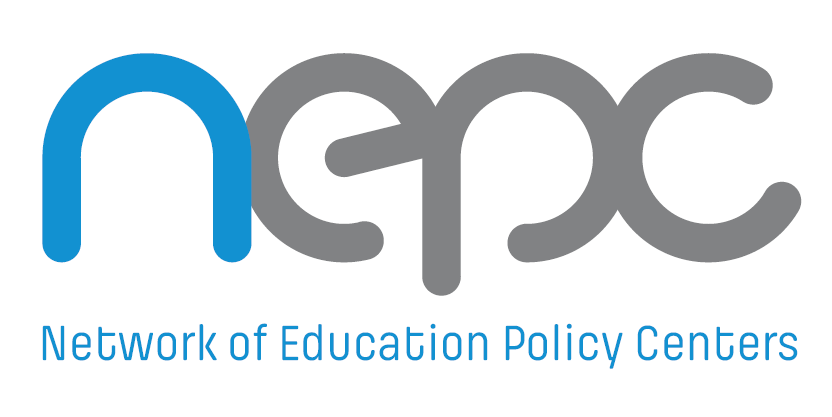
Network of Education Policy Centers (NEPC) is an international non-governmental membership organization of education policy centers. The NEPC mission is to strengthen local and regional expertise for promoting participatory and evidence–based education policies and to advocate for open society values in education internationally. NEPC is devoted to promoting democratization and inclusiveness in education, as well as education for sustainability.
NEPC, founded in 2006 as a formal international network of education policy centers, was actually born long before the organization became official. It began as an informal group of enthusiasts from different countries whose educational departments had formerly partnered with the Open Society Institute. NEPC was born from this informal group of people sharing common values who jointly came up with the idea of establishing an education policy network grounded in the belief that educational change is the key to societal change and a better future. The network has evolved through a number of development phases that encompass processes of reflection, debate, communication, action, success and sometimes failure.
The ISRZ, or more precisely its sub-unit the Centre for Educational Research and Development (CERD) has been a member of the NEPC since its inception, and has participated in a number of its projects and periodic activities, as well as provided expertise in several joint endeavours.
International Sociological Association
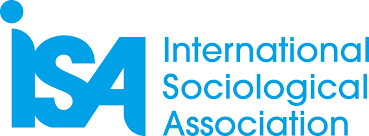
International Sociological Association (ISA) is among the most renowned international associations for conducting sociological research. It was founded in 1949 at the initiative of the Social Science Department of UNESCO. With the aim to provide a framework for networking and exchanging of most recent insights in the domain of sociology, ISA gathers more than 5,000 individuals and organizations from around the world (167 countries). The activities by which ISA achieves the set goals include establishment of personal and institutional contacts, international dissemination of knowledge, international collaboration around joint research projects, exchange of ideas and opinions at the conferences organized by ISA, and access to international scientific publications. ISA is the publisher of prominent journals Current Sociology and International Sociology, and the ISA series SAGE Studies in International Sociology (SSIS).
More about ISA can be found at the web-page: https://www.isa-sociology.org/en.
European Sociological Association
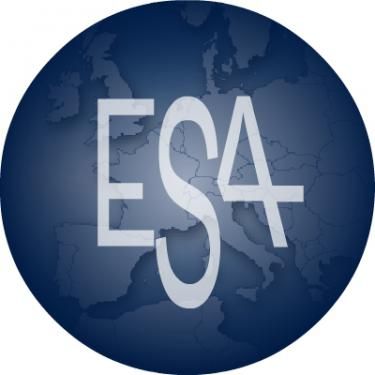
Since the beginning of 2015, the Institute for Social Research in Zagreb has been admitted to the European Sociological Association. This prestigious organization brings together institutions and individuals who are dealing with sociological topics in their work, and promotes the profession by encouraging an international exchange of ideas. Europe today is in the midst of massive changes and therefore sociology has much to contribute to European level debates and developments. The ESA has an important role to play in organising the European debate and setting the agenda.
The European Sociological Association was founded in 1992 and currently has over 2000 members. It has developed into a platform for discussion and promotion of sociology. The ESA activities include organizing conferences and workshops for young researchers, publishing activities in sociology and providing a tool for networking with international partners on collaborative projects.
For more about the organization, visit the official website of the European Sociological Association – http://www.europeansociology.org/.
European Educational Research Association
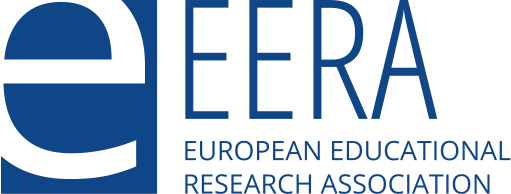
ISRZ, or more precisely, its sub-unit Centre for Educational Research and Development (CERD), as one of the founders of the Croatian Educational Research Association, became a member of the European Educational Research Association (EERA) in September, 2015. EERA was founded in 1994, and today EERA membership is made up of more than 30 national and regional Educational Research Associations from all parts of Europe. The mission of EERA is to encourage collaboration amongst educational researchers in Europe, to promote communication between educational researchers and international governmental organisations such as the EU, Council of Europe, OECD and UNESCO, to improve communication amongst educational research associations and institutes within Europe and to disseminate the findings of educational research and highlight their contribution to policy and practice.
EERA membership provides stronger visibility of national associations such as the Croatian Educational Research Association (CERA) in the international research area and contributes to the development of partnerships and networking with colleagues and institutions from other European countries.
More information about EERA can be found at: http://www.eera-ecer.de/.
European Consortium for Sociological Research
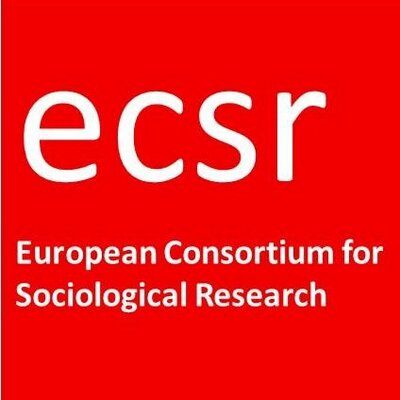
The Institute for Social Research in Zagreb became a member of the European Consortium for Sociological Research (ECSR) in February 2022. ECSR is a non-profit, scientific, professional organization that promotes theoretically driven empirical research in Sociology. The Consortium is an association of leading European research institutes and university departments in the domain of Sociology. The Consortium organizes yearly conferences and annual schools for PhD students. It offers visitor grants for PhD students and awards a yearly prize for the best PhD thesis among candidates from the ECSR member institutes. It provides funding for organizing thematic conferences and networking events. The official journal of the Consortium is The European Sociological Review (ESR).
More about ECSR: https://ecsrnet.eu/.
European Network for Housing Research (ENHR)

The Institute for Social Research in Zagreb and its sub-unit the Urban/Rural and Science Research Centre (URSRC) became members of the European Network for Housing Research (ENHR) in 2021, and the membership lasted until 31 December 2024. The Network is established at the Faculty of Architecture and the Built Environment, Delft University of Technology, the Netherlands. The Network was established in 1988 to provide an organizational platform for institutions and individuals in (and outside) Europe, who are actively engaged in housing research. The URSRC and the Institute are actively involved in the Network with the CSF project Quality of living in the Housing Estates of the socialist and post-socialist era: a comparative analysis between Slovenia and Croatia, with the project principal investigator and four collaborators all being members of the Network. ENHR currently has about 700 members, representing almost every country in Europe and a significant number of non-European countries. The Network provides a framework for about twenty-five Working Groups, has an active group of PhD students, organises a major international conference every year, and encourages smaller conferences and seminars every year. More about the ENHR can be found at the link: https://enhr.net/.
Croatian Open Science Cloud (HR-OOZ) Initiative
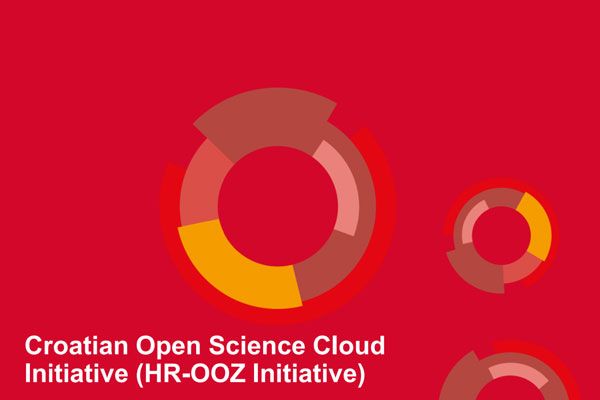
HR-OOZ Initiative is the result of joint work of numerous stakeholders in the science and higher education system in Croatia. The Initiative brings together relevant stakeholders in creating required preconditions for the implementation, realization, and promotion of open science, to improve research conditions and achieve top research results that will ensure a contribution to the academic community and the entire society of the Republic of Croatia. This type of initiative is much needed in Croatia in order to include the services and resources in the European Open Science Cloud - EOSC and make them easy to find, available, interoperable and reusable at the European level. The Institute for Social Research in Zagreb signed the Agreement of the Croatian Open Science Cloud (HR-OOZ) Initiative on 12 October 2021, thus becoming the 20th member of the Initiative made of a group of stakeholders in the science and education system in the Republic of Croatia that are at the forefront of creating preconditions for the implementation, realization and promotion of open science in Croatia. The Initiative's Council appointed Associate Prof. Marija Brajdić Vuković, PhD as its member, and Marko Kovačić, PhD as a deputy member. Teo Matković, PhD is the Institute's representative in the Working Group for drafting the proposal of the National plan and policies for open science. More: https://www.srce.unizg.hr/en/hr-ooz.
European Consortium for Political Research
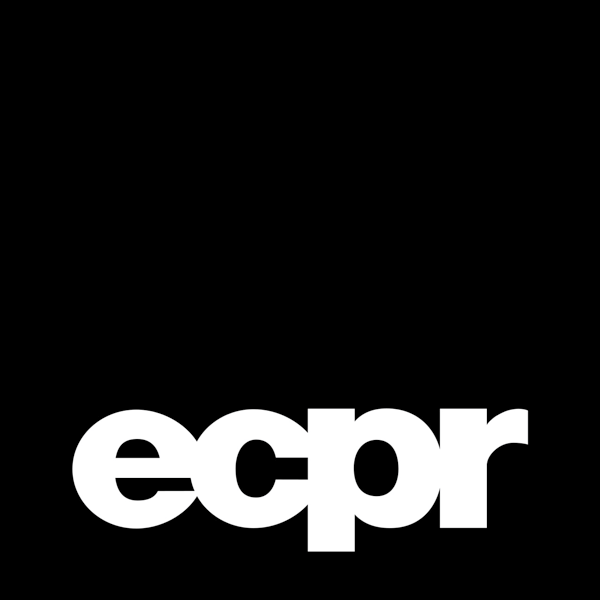
The European Consortium for Political Research (ECPR) was established by a group of twelve founding European universities and as the result of a project led by eminent political scientists, Jean Blondel and Stein Rokkan, who worked with Peter de Janosi of the Ford Foundation and other prominent European scholars, thus shaping the concept of a ‘European Consortium for the Promotion of Political Science’. The objectives of the organisation and its founders were ambitious yet straightforward: ‘to break down the barriers between the national traditions of the discipline and create a truly international community of scholars within Europe…’, as stated on the ECPR web-site. Fifty years on, ECPR are the leading scholarly society for political scientists in Europe, with more than 300 institutional members in nearly 50 countries, which amounts to a global community of tens of thousands of scholars. The ECPR supports various activities, such as conferences, summer schools and workshops, and the publishing of the journal 'Political Science in Europe'. The Institute has been a member since 2022. The membership is especially important for junior researchers in all career phases because it enables them to connect and network in one of the most prominent international organizations that gathers leading world experts in the domain of political science. More about ECPR: https://ecpr.eu/.
European Union Studies Association (EUSA)
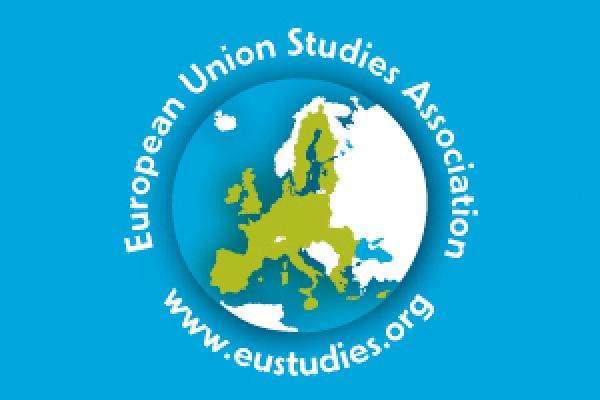
The European Union Studies Association fosters a critical understanding of the Member States, historical development, institutions, processes, policies, programmes, issues, and problems of the European Union (EU). The Association exists to develop a community of persons in North America interested in the EU, and to raise the level of knowledge about the EU. The Association welcomes members from all academic disciplines, the business sector, and the public sector. Individual membership within ISRZ is valid in 2025 and 2026 for Anđelina Svirčić Gotovac, PhD and Jelena Zlatar Gamberožić, PhD, with relation to the attendance of the 2025 EUSA Conference to be held on May 8-10, 2025 in Philadelphia, USA. More about the Association: https://eustudies.org/.
